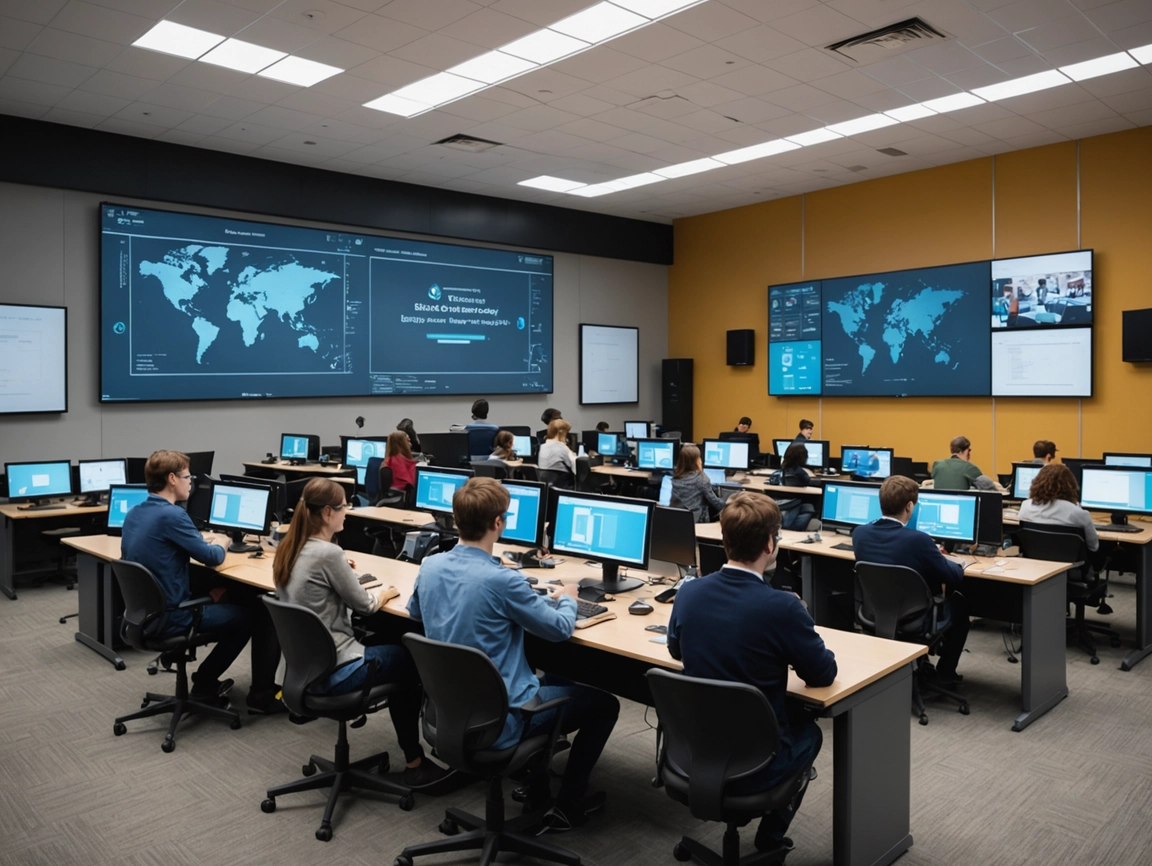Building strategic thinking skills is essential for organizational performance. Strategic thinking is the ability to think critically and creatively about the future of an organization and to develop plans and strategies to achieve its goals. It involves analyzing the current situation, identifying opportunities and threats, and developing strategies to capitalize on opportunities and mitigate threats.
Strategic thinking is a key skill for organizational performance because it helps organizations to stay ahead of the competition and to remain competitive in the marketplace. It enables organizations to identify and capitalize on opportunities, to anticipate and respond to changes in the environment, and to develop innovative solutions to problems. Strategic thinking also helps organizations to develop and implement plans that are aligned with their mission and vision.
Organizations can develop strategic thinking skills in their employees by providing training and development opportunities. Training can include workshops, seminars, and courses that focus on developing critical and creative thinking skills. Organizations can also provide mentoring and coaching opportunities to help employees develop their strategic thinking skills. Additionally, organizations can create an environment that encourages employees to think strategically and to take risks.
Organizations can also use technology to help develop strategic thinking skills. Technology can be used to facilitate collaboration and communication, to provide access to data and information, and to enable employees to analyze and visualize data. Technology can also be used to create simulations and scenarios that help employees to practice their strategic thinking skills.
Finally, organizations should create a culture that values and rewards strategic thinking. This can include recognizing and rewarding employees who demonstrate strategic thinking skills, providing incentives for employees to think strategically, and encouraging employees to take risks and to think outside the box.
In summary, building strategic thinking skills is essential for organizational performance. Organizations can develop strategic thinking skills in their employees by providing training and development opportunities, using technology to facilitate collaboration and communication, and creating a culture that values and rewards strategic thinking. By developing strategic thinking skills, organizations can stay ahead of the competition and remain competitive in the marketplace.


